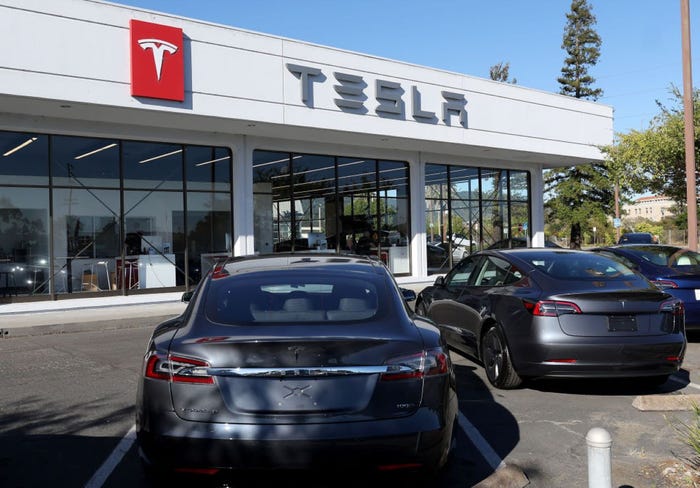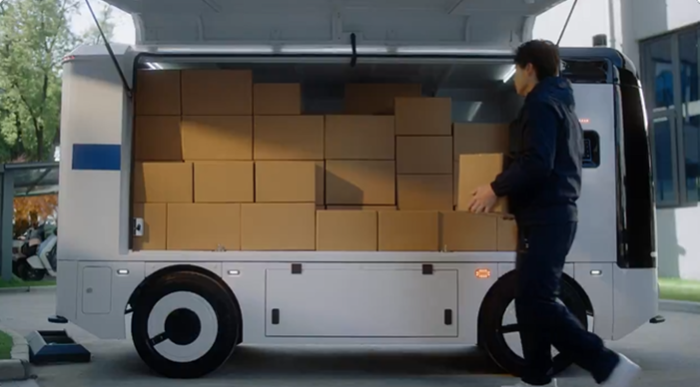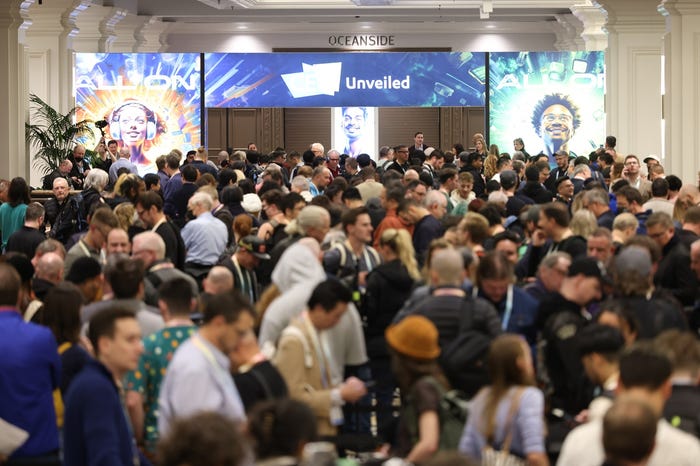Tesla Reports Another Year-Over-Year Decline in Deliveries, Production
The year-on-year decline continues the trend that started in Q1 which prompted the company to cut staff

Tesla has released its latest quarterly production and deliveries report – and again the figures make for underwhelming reading.
In the three-month period that concluded at the end of June, the company reported producing 410,831 vehicles, which constituted a 14% drop on Q2 in 2023, when the equivalent figure was 479,700.
Deliveries were 443,956 in Q2 2024 as opposed to 466,140 in 2023, a 4.8% drop, although they were up 14.8% from Q1 of this year.
The year-on-year decline continues the trend that started in Q1, when deliveries fell to 386,810, a drop of 8% year over year, amid slowing demand for electric vehicles globally. This prompted the company to cut staff numbers by around 10%.
However, although the latest delivery figures are a concern, they are, in fact, better than had been anticipated by Wall Street experts, with one market intelligence news service producing a compilation of estimates that set the predicted figure at around 439,000.
Tesla does not provide model-by-model figures for deliveries, but instead splits its line-up of cars in two. Between them, the Model 3 and Model Y contributed 422,205, while all the firm’s other models provided 21,551.
While the company has suffered specific issues – such as a temporary shutdown of its Berlin Gigafactory in May due to an arson attack by environmentalists – there’s an array of other reasons for the production and delivery numbers.
Firstly, its line-up is now looking quite aged, which is a problem as demand for EVs loses momentum, and makes the decision to focus so much time and effort on the polarizing, low-volume Cybertruck all the more puzzling.
There’s also now much more competition in the EV market than, for example, two years ago, from both legacy makers and an onslaught of new brands from China.
And there’s also the Elon Musk factor to consider, too, with research firm Caliber telling Reuters in April that the CEO’s controversial online presence was likely to be a factor in figures that showed fewer Americans are now prepared to consider buying a Tesla.
Amid this landscape, it is perhaps no surprise that Musk has increasingly referred to Tesla as an AI/robotics company rather than an automaker, and has pledged to push harder than ever to deliver autonomous vehicles through AI, which is where he sees the firm’s real value.
To that end, fans and investors will not have long to wait to see the first fruit of this next stage of the Tesla journey, with the company’s first self-driving taxi, which Musk has referred to as the Cybercab, due to be revealed on August 8.
Tesla’s Q2 earnings will be revealed on July 23.
About the Author
You May Also Like








